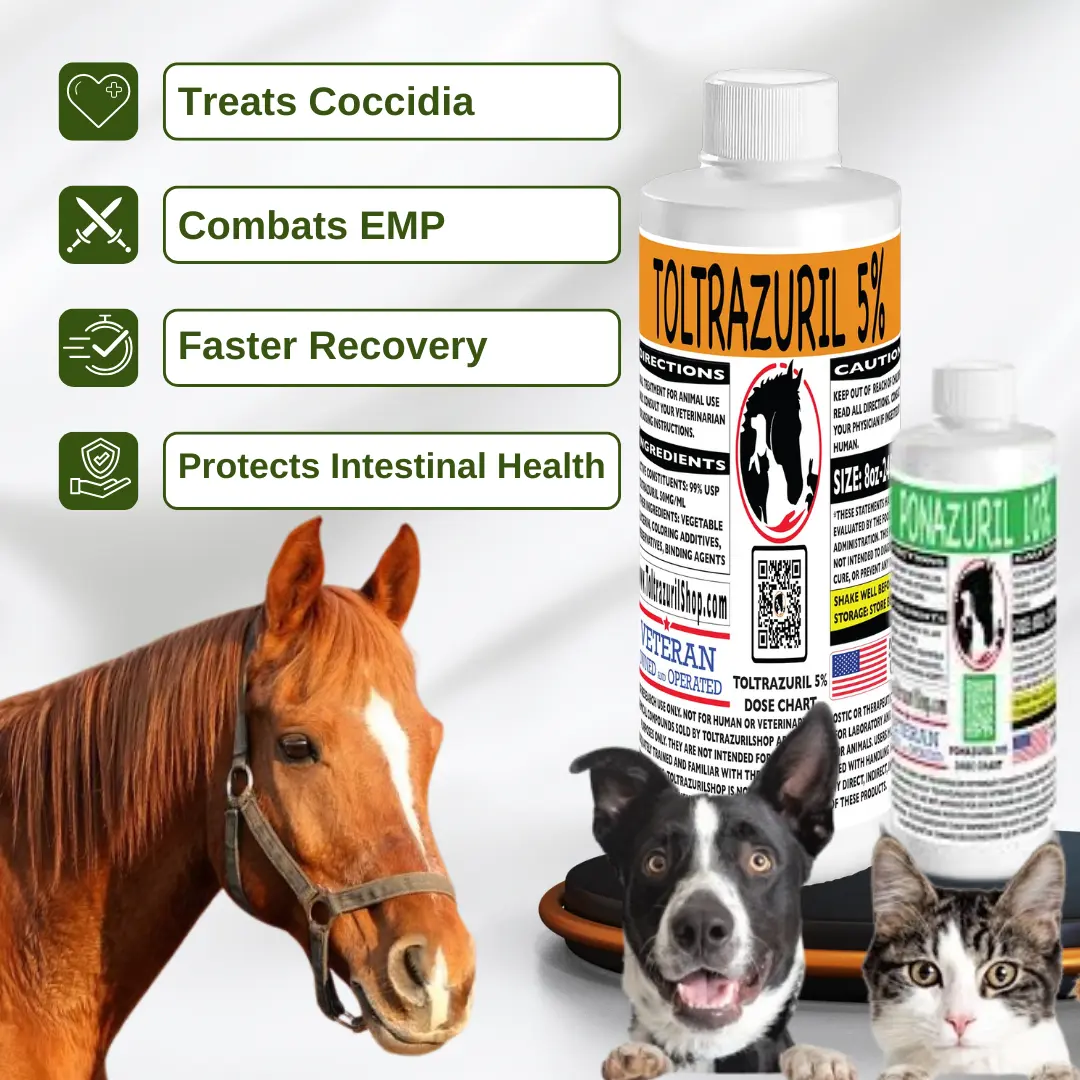No products in the cart.
Coccidia Test for Dogs: Vet and Home Testing Explained
Coccidia are microscopic parasites that live in a dog’s intestines. A coccidia test for dogs is the best way to confirm infection when dogs show signs like diarrhea, mucus, or weight loss. Testing ensures your dog gets the right treatment quickly and prevents the spread of this parasite to other pets.
Coccidia Test for Dogs
Testing for coccidia is essential because the infection often causes digestive upset in dogs, especially puppies. Since the parasite is invisible to the naked eye, diagnosis requires specific veterinary testing.
How Coccidia Is Diagnosed in Dogs: Common Testing Methods
The most common method is examining a fresh stool sample under a microscope. Vets look for parasite eggs, called oocysts, which indicate the presence of coccidia. Because shedding is irregular, multiple samples may sometimes be needed.
Fecal Flotation Tests for Detecting Coccidia Oocysts in Dog Feces
A fecal flotation test is considered the most reliable way to detect coccidia. The stool is mixed with a special solution that causes parasite eggs to rise to the top. These eggs are then placed on a slide for microscopic examination.
Coccidia Test Kit for Dogs
Coccidia test kits are also available for at-home use, though their accuracy can vary. These kits can be helpful for quick checks but are not a substitute for veterinary testing.
Over-the-Counter Coccidia Test Kits: How They Work and Their Accuracy
Over-the-counter kits typically involve mixing a stool sample with a solution and waiting for results on a test strip or vial. While convenient, these kits may not detect all types of coccidia and can miss early infections.
When to Use a Coccidia Test Kit vs. Professional Testing at the Vet
Home test kits can provide initial insight, but professional veterinary testing is far more accurate. If your dog is showing symptoms, it is always best to rely on a vet’s test.
How to Test for Coccidia in Dogs
Testing for coccidia follows a simple process, but accuracy depends on proper collection and analysis.
Step-by-Step Guide for Testing Coccidia in Dogs: From Sample Collection to Lab Analysis
- Collect a fresh stool sample in a clean bag or container.
- Deliver the sample to your veterinarian or use it with an at-home kit.
- At the veterinary clinic, the sample will be analyzed through fecal flotation or sent to a lab.
Fecal Flotation Testing and Its Role in Diagnosing Coccidia
The fecal flotation test allows vets to detect even small numbers of parasite eggs. Because of its reliability, it is the preferred diagnostic method.
Dog Tested Positive for Coccidia
If your dog tests positive, it means parasite oocysts were found in their stool. While common, especially in puppies, it requires prompt treatment to prevent worsening illness or spreading to other pets.
What to Do If Your Dog Tests Positive for Coccidia
Your veterinarian will likely prescribe medication and provide instructions on hygiene practices to prevent reinfection. It is also important to thoroughly clean the environment.
Treatment Options and Follow-Up Care for Dogs Diagnosed with Coccidia
Dogs are usually treated with medications such as sulfadimethoxine or toltrazuril. After completing treatment, a follow-up stool test is often recommended to ensure the infection is fully cleared.
How Do You Test for Coccidia in Dogs?
Testing for coccidia can involve at-home kits or veterinary procedures. Knowing the differences helps ensure your dog gets the right care.
Understanding the Different Testing Methods for Coccidia
At-home kits are useful for quick screening, but veterinary fecal flotation tests are more reliable. Your vet may also run additional lab tests if symptoms persist despite a negative result.
Why Accurate Testing Is Crucial for Proper Diagnosis and Treatment of Coccidia in Dogs
Accurate testing ensures your dog receives the right medication and prevents ongoing illness. Without testing, coccidia can go undetected and continue to harm your dog’s health.
Conclusion
A coccidia test for dogs is the most effective way to confirm infection and guide treatment. While at-home kits may provide basic results, veterinary testing remains the gold standard. With proper diagnosis, treatment, and follow-up care, most dogs recover fully and avoid reinfection.
FAQs
Can one negative test rule out coccidia?
No. Because shedding is inconsistent, multiple tests may be required.
Are puppies more likely to get coccidia?
Yes, puppies are at higher risk due to weaker immune systems.
How soon after treatment should I retest my dog?
Most veterinarians recommend retesting within two to three weeks.
Can coccidia spread to humans?
The type of coccidia that infects dogs typically does not infect humans.
Do all infected dogs show symptoms?
Not always. Some dogs may carry coccidia without showing any outward signs.
References
Merck Veterinary Manual – Overview of Coccidiosis in Animals
VCA Animal Hospitals – Coccidiosis in Dog
Small Door Veterinary – Coccidia in Dogs
Next Steps
If your dog is showing digestive issues, consult your veterinarian for testing as soon as possible. For more details on treatment after a positive test, visit our article on Coccidia in Dogs: A Vet’s Guide to Symptoms, Treatment, and Prevention


